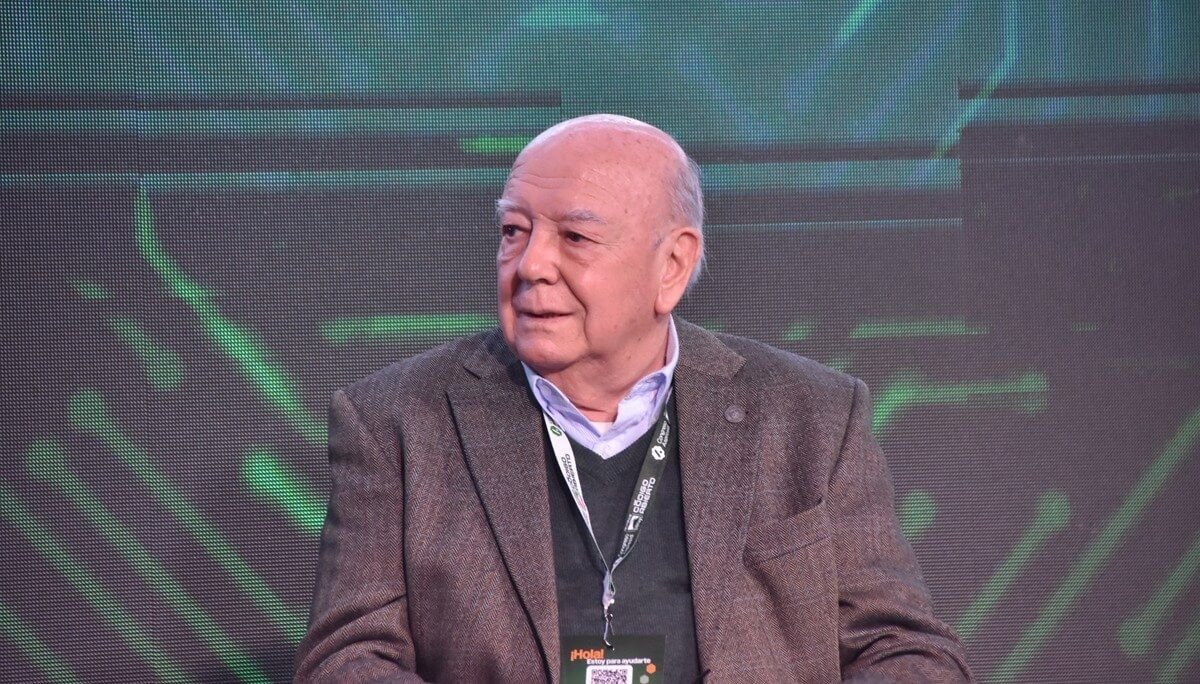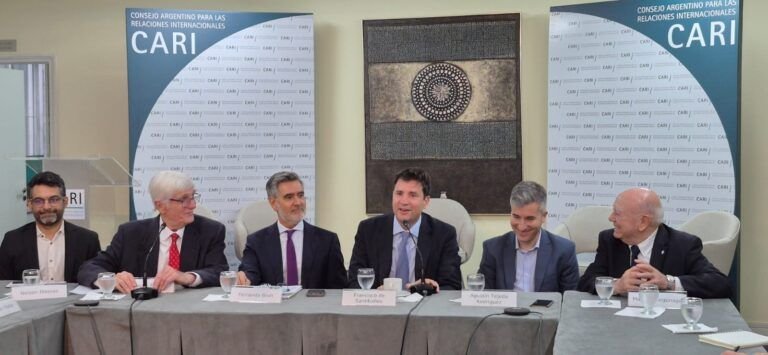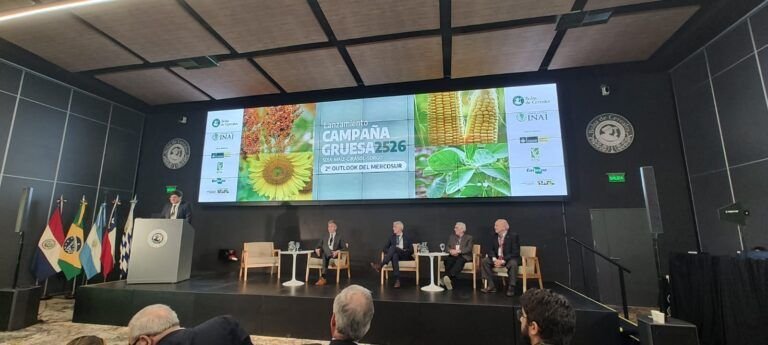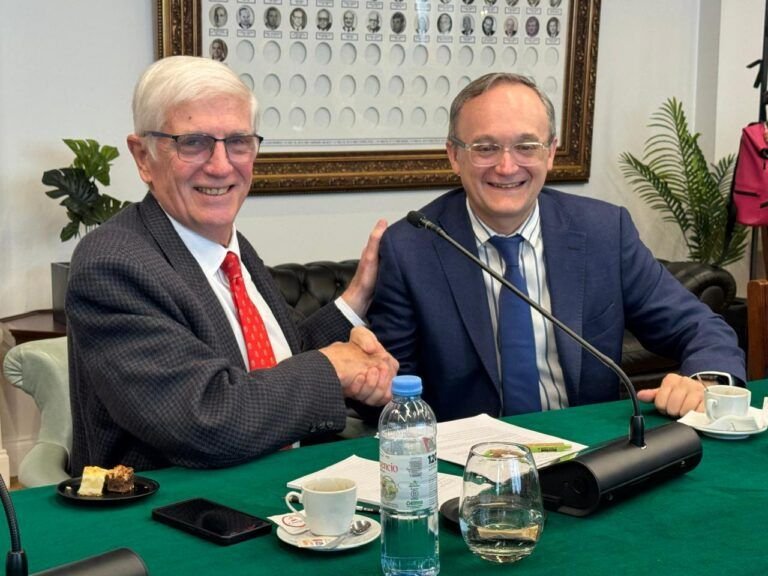At the Aapresid Congress, one of the central topics discussed was Argentina's outlook for COP 30, which will take place in Belém, Brazil, from November 10 to 21, and the role of agriculture in an increasingly demanding international environment in terms of environmental and competitiveness.
The context is favorable, as the country's current development strategy is geared toward growth through exports. In this context, the agricultural sector appears to be one of the most competitive sectors to drive this process.
However, in recent years the country has grown at a slower pace than neighboring economies like Brazil, due to restrictions such as export bans, high export duties, and excessive regulations, which limited the sector's development. Today, that potential is beginning to become more apparent and promises to begin to be unleashed.

The contribution the sector can make, as a solution to climate change and food security at the same time, is a great opportunity that should not be missed. Young producers who understand these market requirements are the ones who can lead the change.
However, at the national level, challenges persist in Argentina, such as the need to reduce the still very high tax burden in order to unleash the country's significant productive and technological potential. It is also key to focus on scientific and technological development to support a policy focused on the sector's competitiveness.
In the current context of growing international demand, the country has the opportunity to significantly expand its agricultural and livestock production. Added to this is a key competitive advantage: much of its production is carried out using sustainable practices, as its agriculture stands out for being one of the most conservation-oriented and with the lowest emissions levels in the world.
It is essential to establish clear rules and a roadmap that provide predictability to the productive sector and contribute to improving its conditions. This is especially relevant for regional economies, which face serious limitations on growth under the current framework.
Information based on the interview with Marcelo Regúnaga for the digital media Infocampo.



